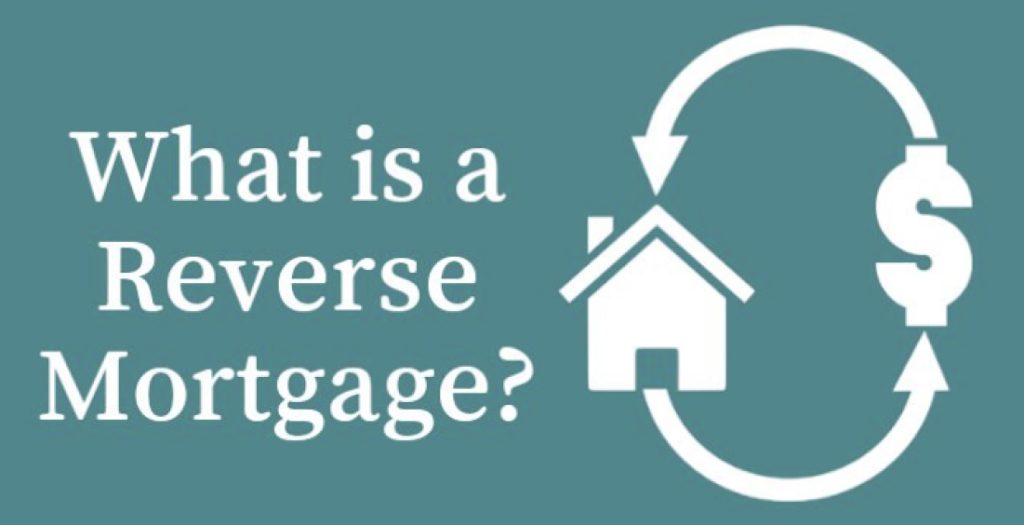By the time you reach retirement age, your biggest asset is often your house and its property. If you have planned well, you’ll be mortgage-free with sizable equity in your home. But this wealth is only usable if you sell your property.
What if you need funds to supplement your fixed income but don’t want to sell your property? As a retiree, you might have limited income and few other assets to use as security. It’s about then that the term “Reverse Mortgage” might cross your radar.
In this post, we’ll explain what a Reverse Mortgage is, why you might want one, the costs, the benefits and downsides of a Reverse Mortgage, other options available to you when you need access to funds, and our recommendations.
What is a Reverse Mortgage?
A Reverse Mortgage is usually promoted to older homeowners who want access to funds but either can’t afford a monthly loan payment, they don’t qualify for refinancing due to limited income or do not meet the usual lending criteria.
Reverse Mortgages are the opposite of Forward Mortgages – which is probably the kind of mortgage you got when you purchased your home.
A Reverse Mortgage allows you to dip into the equity in your home. Your residential property is the loan’s security and the entire debt, including the Reverse Mortgage principal, interest, fees and mortgage insurance, is repaid after you sell your home or you die. You make no regular payments to pay off this mortgage beforehand.
Any equity left after settling the mortgage goes to you, the homeowner (if still alive) or your estate. Your heirs can choose to pay off the mortgage and keep the home.
The main reasons for considering a Reverse Mortgage
No matter your age, there come times in life when you need access to more funds. You may need funds for:
- medical expenses
- house repairs
- vehicle repairs
- a new car
- more cash flow for living expenses
- funds to live out your days comfortably.
What are the benefits of a Reverse Mortgage?
The biggest asset for most people is the equity in their homes. This mortgage can be a good option if you don’t have other ways to access money to fund your living expenses or bills.
The three key benefits of a Reverse Mortgage:
- You don’t have to worry about making regular payments.
- You can remain in your home as long as you continue to meet other property obligations including rates, maintenance and insurance, etc.
- Given this type of mortgage, your financial situation is less an issue versus a forward mortgage, however, finance providers are still bound by the New Zealand Bankers Association Code of Practice.
Reverse Mortgage downsides
Reverse Mortgages are not suitable for everyone. Two potential issues are:
- you live for a long time after taking out the mortgage
- your home’s value drops in price.
Given you’re not making repayments and you’re paying higher interest rates and other fees, the equity in your home can be eroded. Your debt increases over the term of the loan, therefore, reducing your home’s equity. If your loan lasts for many years, this erosion can be significant.
Moreover, if your home’s market value drops, there could be little nest egg left when your home is sold. However, most providers offer a “No Equity Guarantee” meaning that they cap the lending based on the property’s equity, current market situation and expected life span so that the estate does not have a debt to repay (from the mortgage).
However, if property prices increase, like they have over recent years, this might be a non-issue.
Reverse Mortgage costs
With a relatively easy path to access funds, interest rates for a Reverse Mortgage are variable and they tend to be up to two times higher than standard bank rates.
Your application fees, legal fees, and valuation fees are quite high too. Check rates with the two providers of this type of mortgage in New Zealand, Heartland and SBS.
Have you considered other funding options?
A Reverse Mortgage can be an extreme option. There are a lot of traps and pensioners can be seen as a soft target. Before deciding if this is the right option for you, consider if any of the following could solve your financial concerns:
- sell your property and downsize to a less expensive house
- use your savings
- cash-in investments
- borrow money from family
- use other assets or investments (apart from your home) as security for a loan
- take on boarders or renters
- apply for government assistance (such as a benefit).
Here’s what we recommend
There are many variables with this type of transaction, but if you see a Reverse Mortgage as a short-term solution, then overall it could be a good option for you. Nonetheless, always explore your options.
Before you do anything, take the time to research deeply into how these loans work and the different organisations offering them.
Next, discuss options with your family and/or close friends who may be able to help.
We strongly advise that you get independent financial advice before deciding on the best plan for your circumstances.
If you have any questions or concerns, please contact our team on 06 835-9256 or contact us online.
 Skip to content
Skip to content






